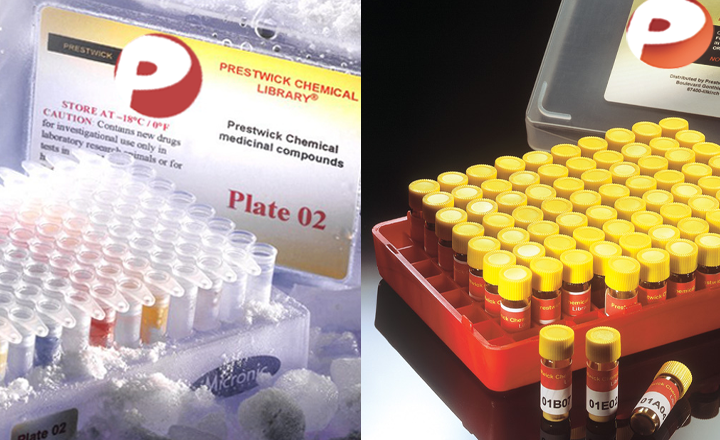Subtype-selective allosteric modulators of muscarinic receptors for the treatment of CNS disorders
Conn PJ, Jones CK, Lindsley CW
Trends in Pharmacological Sciences - vol. 30 148-155 (2009)
Trends in Pharmacological Sciences
Muscarinic acetylcholine receptors (mAChRs) have long been viewed as viable targets for novel therapeutic agents for the treatment of Alzheimer’s disease (AD) and other disorders involving impaired cognitive function. More recent evidence indicates that mAChR activators might also have utility in treating psychosis and other symptoms associated with schizophrenia and other central nervous system (CNS) disorders. Efforts to develop mAChR subtype-selective agonists have been hampered by difficulty in achieving high selectivity for individual mAChR subtypes important for CNS function (M1 and M4) and adverse effects due to activation of peripheral mAChRs (especially M2 and M3). Major advances have now been achieved in the discovery of allosteric agonists and positive allosteric modulators of M1 and M4 that show greater selectivity for individual mAChR subtypes than do previous mAChR agonists. Early studies indicate that these allosteric mAChR activators have properties needed for optimization as potential clinical candidates and have robust effects in animal models that predict efficacy in the treatment of AD, schizophrenia and related disorders. ?? 2008 Elsevier Ltd. All rights reserved.


